 |
 |
- Search
Editorial board
- Page Path
-
- HOME
- ABOUT
- Editorial board
| Editor-in-Chief | ||
|---|---|---|
| Kwang Seog Kim, MD | Chonnam National University, Korea |  |
| Deputy Editor | ||
| Jun Hyuk Kim, MD | Soonchunhyang University, Korea |  |
| Editorial Director | ||
| Jun Ho Choi, MD | Chonnam National University, Korea |  |
| Editorial board member | ||
| Hassan Adel Badran, MD | Ain Shams University, Egypt | 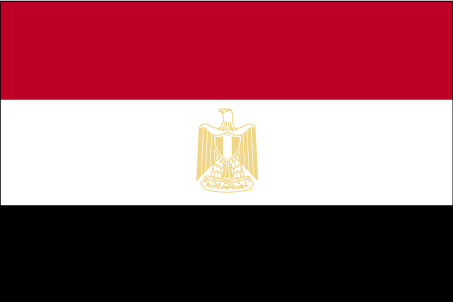 |
| Kang Young Choi, MD | Kyungpook National University, Korea |  |
| Apirag Chuangsuwanich, MD | Siriraj Hospital, Mahidol University, Thailand | 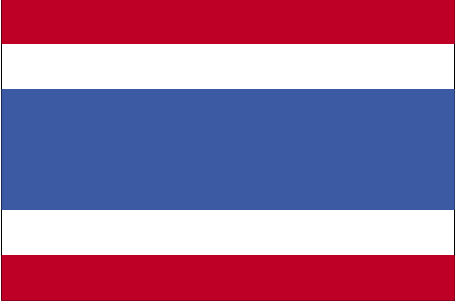 |
| Ghulam Qadir Fayyaz, MD | CLAPP Hospital, Pakistan | 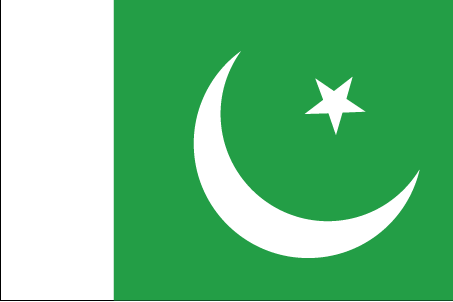 |
| Chen Ruei Feng, MD | Vendome Clinic, Taiwan |  |
| Li Kam Hop George, MD | Queen Mary Hospital, Hong Kong |  |
| Ayato Hayashi, MD, PhD. | Juntendo University, Japan | 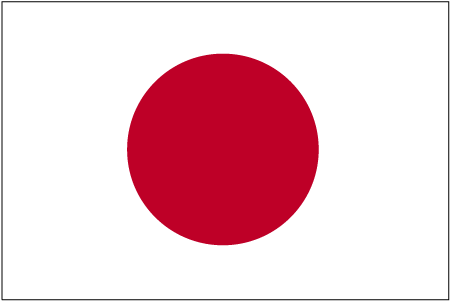 |
| Hideki Kadota, MD | Kyushu University, Japan |  |
| Ahmed Khashaba, MD | Zagazig University, Egypt |  |
| Dong Hee Kang, MD | Dankook University, Korea |  |
| Han Koo Kim, MD | Chung-Ang University, Korea |  |
| Lucie Lessard, MD, FRCSC, FACS | McGill University, Montreal General Hospital, Canada |  |
| Han-Tisung Liao, MD | Chang Gung Memorial Hospital, Taiwan |  |
| Lay-Hooi Lim, MD | Penang General Hospital, Malaysia | 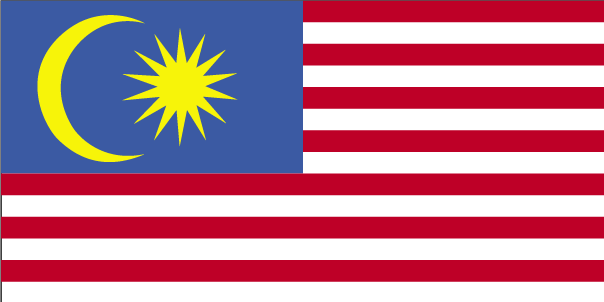 |
| Samuel Mattine, MD | Worcestershire Acute Hospital, UK |  |
| Arthur J. Nam, MD | Johns Hopkins University, USA |  |
| Teddy O.H Prasetyono, MD | Cipto Mangunkusumo Hospital, Indonesia |  |
| Nond Rojvachiranonda, MD | Chulalongkorn University, Thailand |  |
| Samia Mohamed Ahmed Saied, MD | Sohag University, Egypt |  |
| Yusuke Shimizu, MD | Ryukyus University, Japan |  |
| Wong Thai Er, MD | Penang General Hospital, Malaysia |  |
| Chieh-Han John Tzou, MD | Vienna University, Austria | 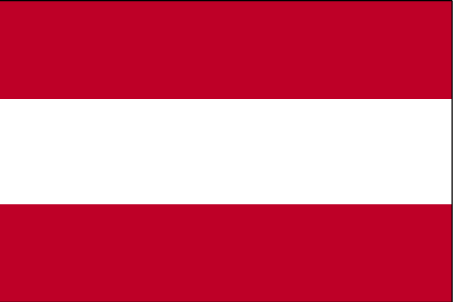 |
| Zhiyong Zhang, MD | Peking Union Medical College, China | 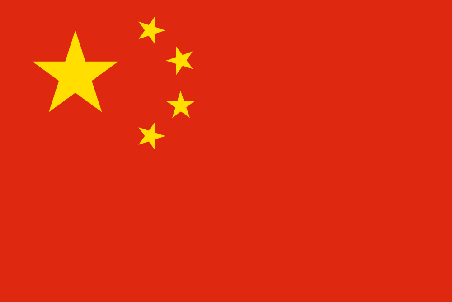 |
| Ethics Editor | ||
| Sun Huh, MD | Hallym University, Korea |  |
| Statistical Editor | ||
| Jun Ho Shin, MD | Chonnam National University, Korea |  |
| English Language Editor | ||
| Matthew Seung Suk Choi, MD | Hanyang University, Korea |  |
| Layout Editor | ||
| Dae woong Kim | Academya, Korea |  |
| Manuscript Editor | ||
| Mi Young Park | InfoLumi, Korea |  |
| Section Editors | ||
| Book Review | ||
| Tae Suk Oh, MD | Ulsan University, Korea |  |
| Continuing Medical Education | ||
| Eun Key Kim, MD | Ulsan University, Korea |  |
| Image / communications | ||
| Young Cheon Na, MD | Wonkwang University, Korea |  |
Role of Editors and Editorial Board Members
Role of editorial board members
Editorial board members meet regularly to discuss editorial policies and propose changes for improvement. They frequently participate in the review of manuscripts and may recommend new reviewers. They may write editorials or issues and perspectives manuscripts. They ask colleagues to submit manuscripts to the journal and may recommend authors for review articles. International advisory board members also advise the editor-in-chief on journal promotion and writing Issues and Perspectives manuscripts. They recruit submissions from outside of Korea. Their experience in journal editing is shared with the editorial board.
Role of the editor emeritus
The editor emeritus is conferred upon all persons who retire as editor-in-chief, and it remains a mark of distinguished service. Editor emeritus does not necessarily signify that a person has relinquished all the duties of their former position, and they may continue to exercise some of them.
Role of editor-in-chief
The editor-in-chief independently holds the final responsibility for publishing manuscripts after review, although he or she takes into account the opinions of reviewers and editors. The editor-in-chief is the final decision-maker on publishing and editorial policies and presides over editorial board meetings. When any issue on the publication ethics occurs, the editor-in-chief presides over an ad hoc meeting to resolve the issue and finally decides on the journal’s statement.
He or she recommends editorial board members to the President of the Korean Cleft Palate-Craniofacial Association and attends executive board meetings of the Society to report on the journal’s status and budget. Externally, the editor-in-chief attends meetings of editors’ associations as a delegate of the society, including the Korean Council of Science Editors and the Korean Association of Medical Journal Editors.
Role of the deputy editor
The deputy editor works as the second-in-command to the editor-in-chief for a publication. He or she takes on the role of the editor-in-chief in the editor-in-chief's absence. More than just an editorial understudy, however, a deputy editor, depending on the specific publication, might play the role of a section editor or an assistant editor, as well as supporting the general editor in editorial and managerial duties.
Role of the editorial director
The editorial director works collaboratively with the journal’s editor-in-chief, editorial board members, and In-house colleagues, to create and deliver results in accordance with the journal’s strategies, establishing international networks to grow their profile and reputation.
The role is an integral part of the editorial leadership team and involves contributing to ad hoc projects. Priority projects are currently related to workflow optimization, diversity/equity/inclusion, collections, transfers, policy development, and community engagement.
Role of associate editors
Associate editors help the editor-in-chief by screening submitted manuscripts for compatibility with the journals’ aims and scope, checking whether manuscripts are described according to the journal’s style and format, and evaluating CrossCheck (iThenticate) reports. The associate editors meet with the editor-in-chief regularly to discuss the review results and decide on acceptance of each manuscript. They invite authors to submit review articles.
Role of ethics editor
The ethics editor provides consultations and a resolution process on publication ethics issues, upon referral from the editor-in-chief. The ethics editor also gives lectures relating to research and publication ethics issues to reviewers and editorial board members, as part of regular education sessions sponsored by the journal.
Role of the statistical editor
The statistical editor thoroughly reviews the statistics used in manuscripts for appropriateness and logical interpretation. If any flaws are found, they will be reported to the editor-in-chief or associate editors and are shared with authors for improvement.
Role of the English-language editor
The English-language editor proofreads all manuscripts written in English. Suggestions for better flow and logical thought processes are provided.
Role of the layout editor
The layout editor produces PDF files according to the journal’s format.
Role of the manuscript editor
The manuscript editor checks the style and format of all manuscripts according to the journal’s guidelines.
Role of guest reviewers
A guest reviewer is responsible for ensuring the timely submission of all proposed contributions at every stage of the review and publication process.
The guest reviewer must provide authors with a preliminary editorial review of all proposed manuscripts for thematic coherence, substantive contribution, and journal format prior to submission (unedited conference papers cannot be considered).
Following external review, the guest editor is responsible for conveying the editorial reviews to the individual authors and monitoring the revision process. The editor-in-chief has the final responsibility for deciding on acceptance or rejection.
Role of section editors
1) Book review
The book review editor manages the solicitation, review, and acceptance process for book reviews submitted to the journal. He or she is responsible for the following tasks: identifying books, recruiting authors for book reviews, corresponding with the authors of book reviews, and providing feedback to the authors.
The book review editor conveys editorial decisions (accept for publication, revise and resubmit, or reject), made in consultation with the editor-in-chief, and provides guidance to the author for revisions if appropriate. Feedback letters are first approved by the editor-in-chief.
2) Continuing medical education
The continuing medical education editor is responsible for the publication of activities that are planned and presented by an accredited provider, wherein the learner reads one or more articles (or adapted formats for special needs) from this peer-reviewed professional journal.
3) Image/communications
The image/communications editor’s primary objectives are the following: to present a forum for the advancement of theory and practice of image communication, to stimulate cross-fertilization between areas similar in nature that have traditionally been separated (e.g., various aspects of visual communications and information systems), and to contribute to rapid information exchange between the industrial and academic environments.















